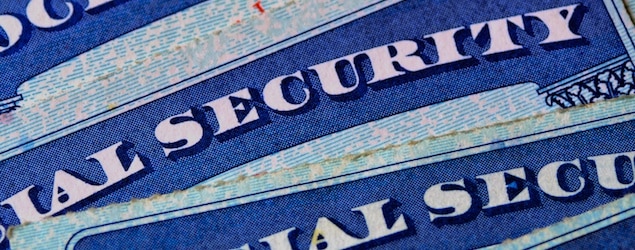Why Are So Many Twenty-Somethings Still Living at Home?

Dean Baker, a leading welfare statist and co-director of the Center for Economic and Policy Research, recently offered up his theory for why a growing number of Americans are still living with Mom and Dad well into their twenties. His answer? Basically, too little government intervention and too little government spending.
The country has pursued a set of policies over the last three decades that have the effect of redistributing income upwards. The most important of these at the moment is the high unemployment policy being pursued by Congress. Congress decided that it wanted to rapidly reduce the budget deficit after the 2009 stimulus. This has slowed growth and prevented millions of workers from getting jobs.
There is another (non-Keynesian) explanation of this trend — namely that government intervention and government spending are the cause of high youth unemployment. When the government drains an economy of capital and puts burdens and obstacles (such as minimum wage laws) in the way of producers, there is less opportunity for those without skills and experience to rise.
Baker doesn’t even acknowledge that as a possibility. But even if we set that aside, there is an even more clear-cut factor he refuses to name, a direct and enormous redistribution of income from the young to the old. I refer to the old-age welfare programs, Social Security and Medicare.
The biggest tax young Americans pay is their payroll tax, which amounts to 15.3% for both Social Security and Medicare. For the average Millennial worker, that amounts to roughly $500 a month taken from them and handed over to older Americans. In most places in America, that alone would put you within spitting distance of affording the rent on a one-bedroom apartment.
Baker suggests he’s upset by the fact that a growing number of young people are unable to live on their own. But not only does he fail to mention the burden of old-age welfare programs on young people, he also joins welfare statists like Elizabeth Warren in demanding that we expand those programs.
This is immoral. Your twenties are the years during which you face the challenge of going out on your own and establishing yourself as an independent, self-supporting adult. Anyone who advocates expanding old-age welfare programs at a time when they are already crippling the ability of Millennials to make something of themselves has declared war on young Americans.
Now Baker would deny that. But here is the question I would pose to him. If the choice is between preventing young Americans from using the money they earn to venture out on their own, versus cutting handouts to the elderly under Social Security and Medicare, which alternative does Baker endorse?









